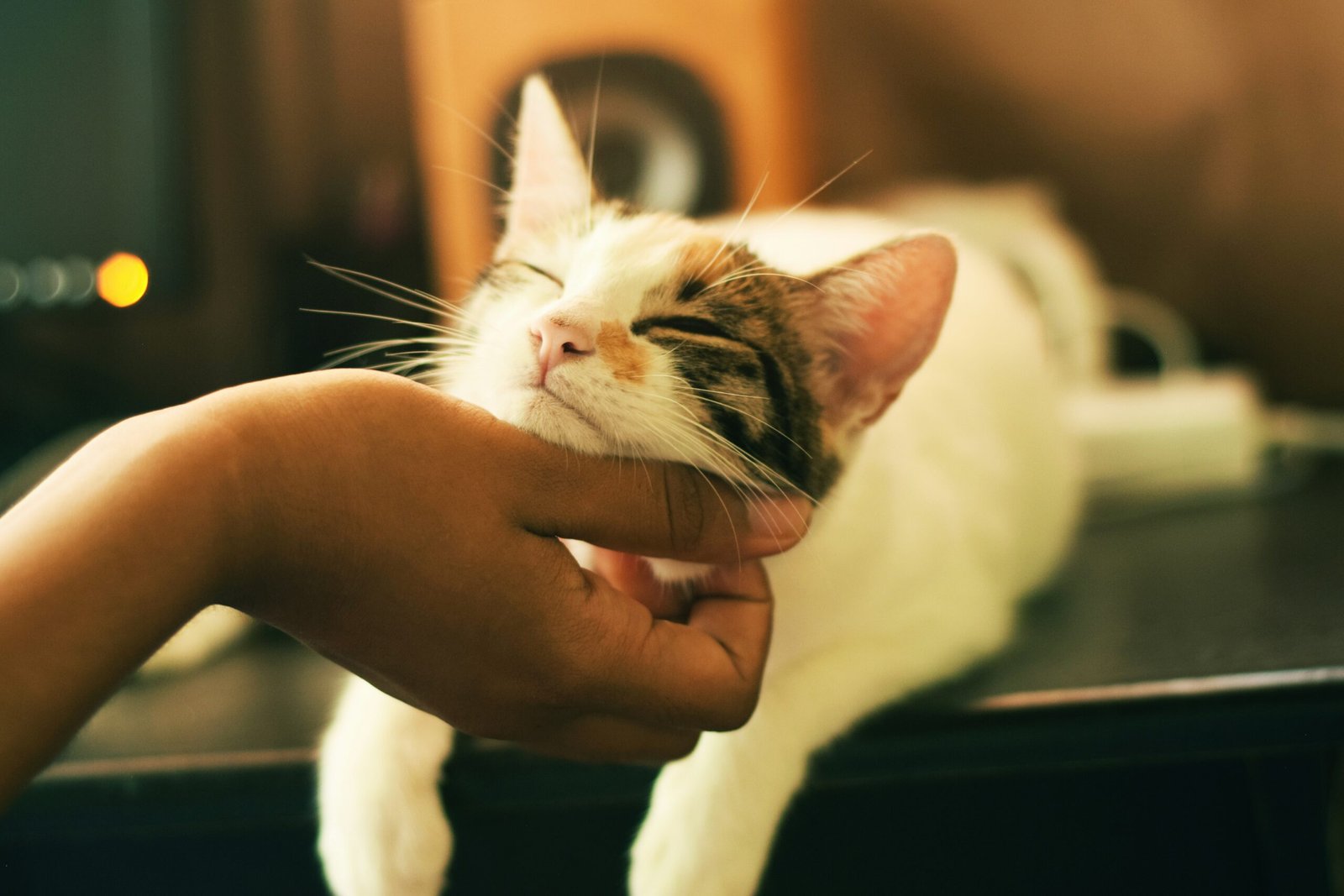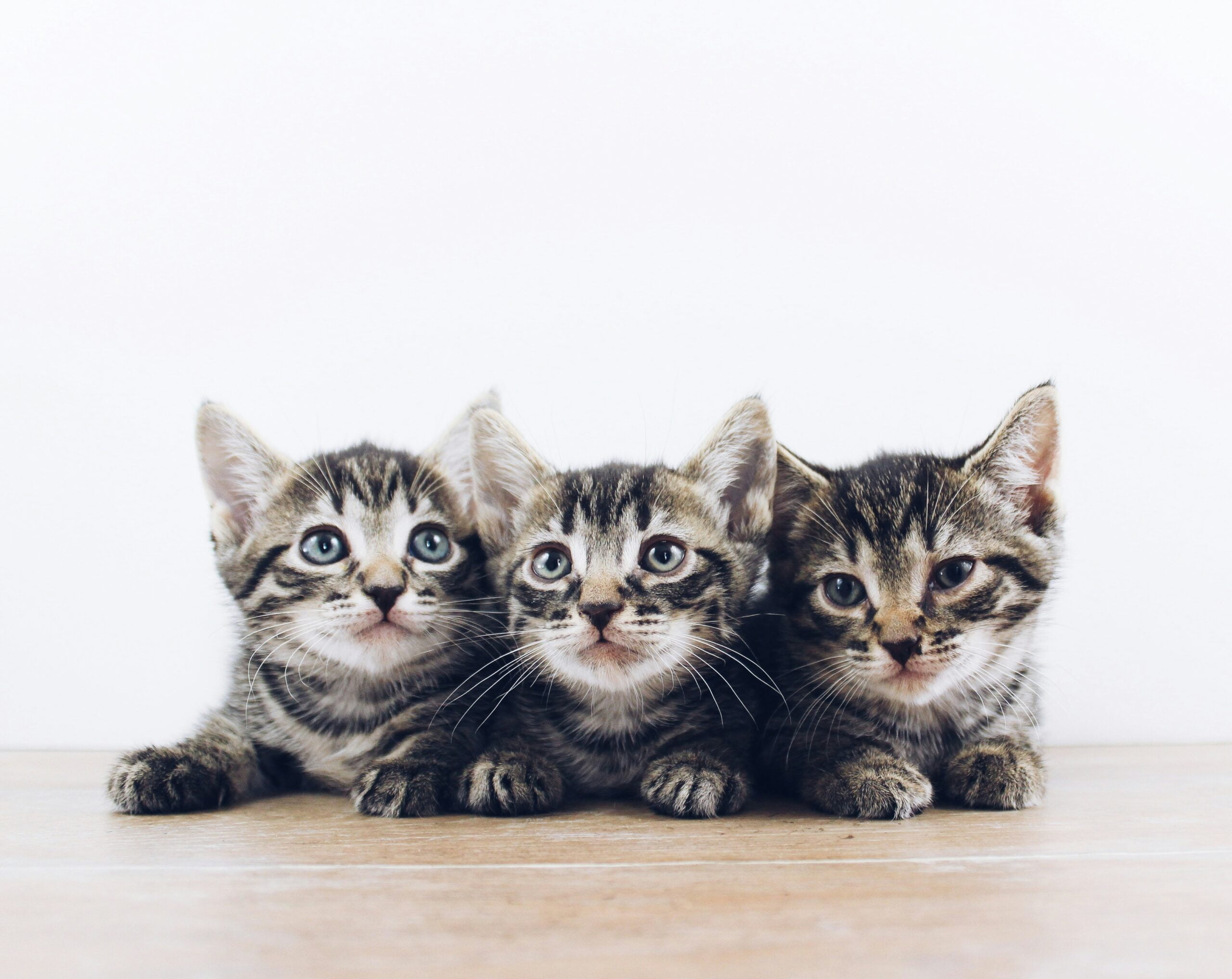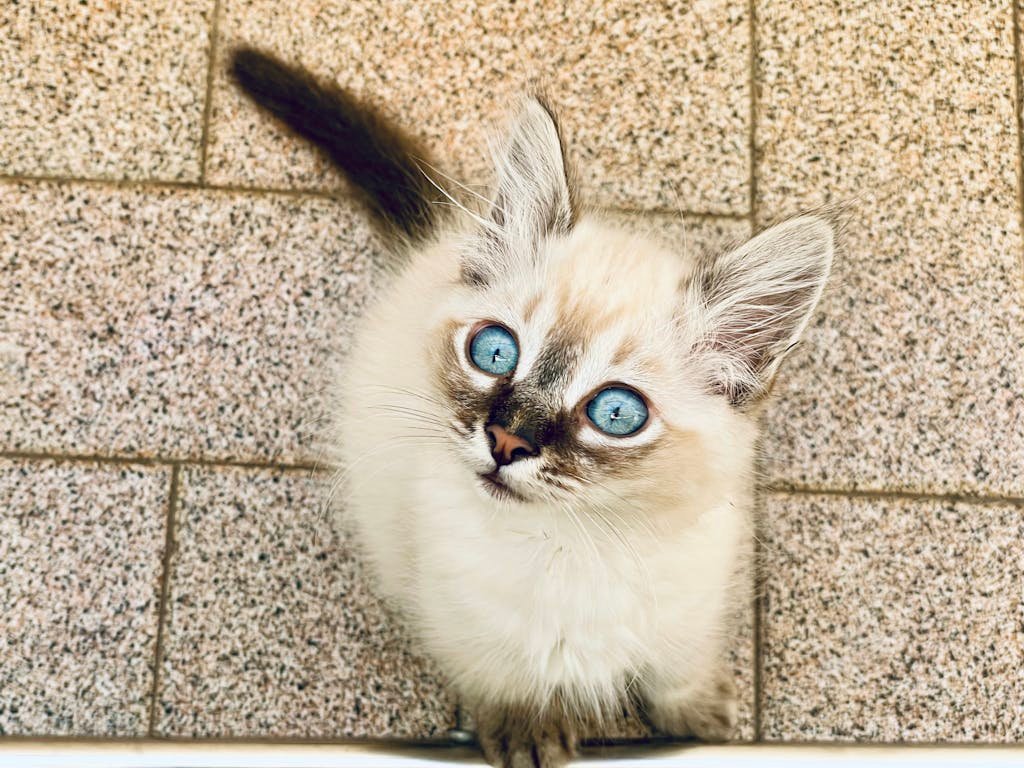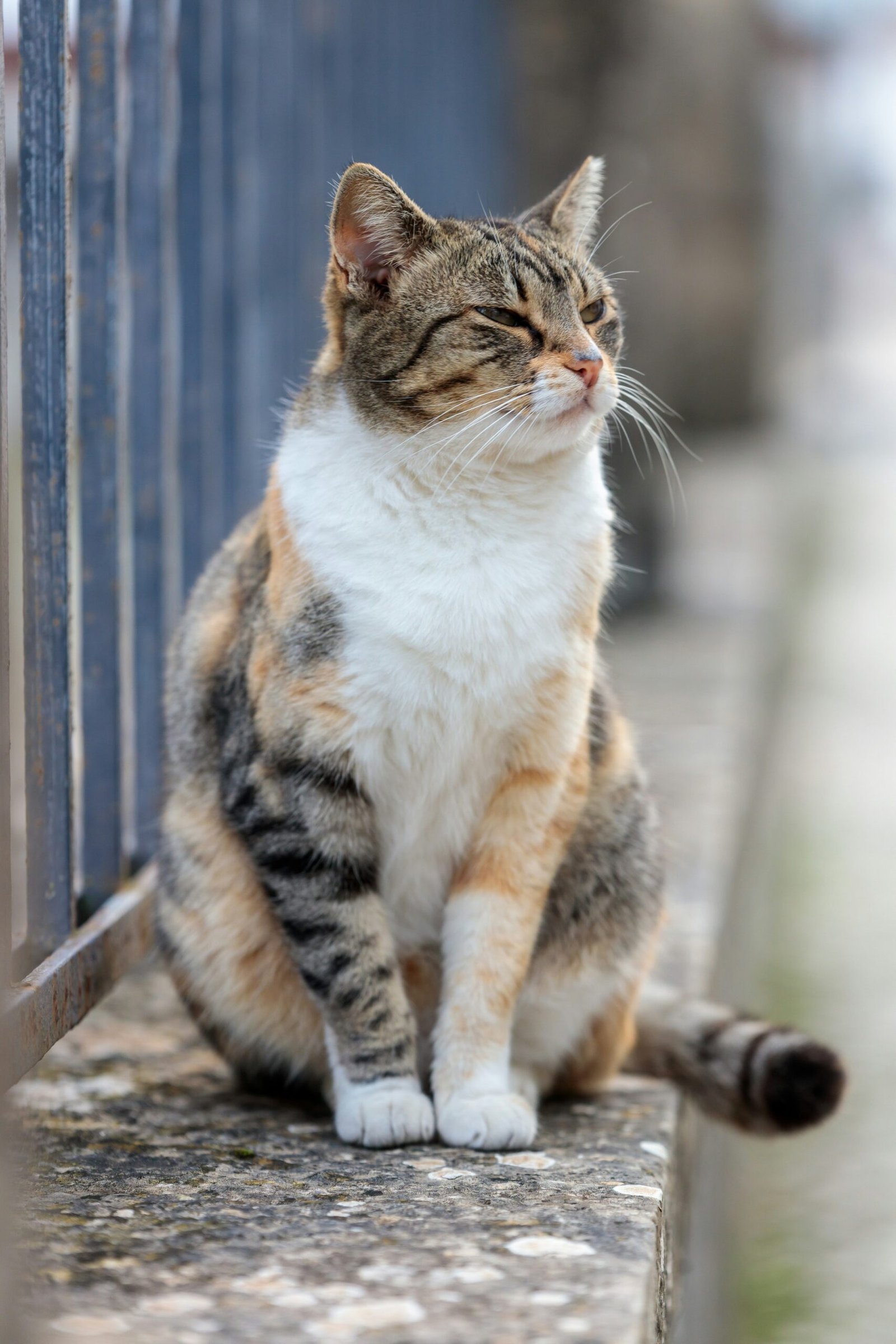Here are 7 Signs Your Cat May Be Sick
As a cat owner, it is important to be aware of the signs that indicate your feline friend may be sick. Cats are masters at hiding their illnesses, so it is crucial to pay close attention to their behavior and physical appearance. In this article, we will explore some common signs that may indicate your cat is not feeling well.
1. Changes in Eating Habits
One of the first signs that your cat may be sick is a change in their eating habits. Cats are known for their hearty appetites, so if your cat suddenly loses interest in food or starts eating significantly less than usual, it could be a cause for concern. On the other hand, an increase in appetite can also be a sign of an underlying health issue. If you notice any changes in your cat’s eating habits, it is important to monitor them closely and consult with your veterinarian if the changes persist.
2. Lethargy and Lack of Energy
Cats are typically active and curious creatures. If you notice that your cat is unusually lethargic and lacks the energy they once had, it may be an indication that something is wrong. A sick cat may sleep more than usual and show little interest in playing or engaging in their usual activities. Keep an eye out for any significant changes in your cat’s energy levels and behavior, as these can be valuable clues to their overall health.
3. Changes in Litter Box Habits
The litter box can provide valuable insights into your cat’s health. Changes in litter box habits, such as urinating or defecating outside the litter box, straining to urinate, or producing unusually small or large amounts of urine, can all be signs of a urinary tract infection or other underlying health issues. Additionally, if you notice blood in your cat’s urine or feces, it is crucial to seek veterinary attention immediately. Monitoring your cat’s litter box habits and being vigilant for any changes can help catch potential health problems early.
4. Unexplained Weight Loss or Gain
Fluctuations in your cat’s weight can be indicative of an underlying health issue. If your cat is losing weight without any apparent reason, it could be a sign of an illness or metabolic disorder. On the other hand, sudden weight gain can also be a cause for concern and may indicate an issue such as hypothyroidism or a hormonal imbalance. Regularly monitoring your cat’s weight and consulting with your veterinarian if you notice any significant changes is essential for their overall well-being.
5. Changes in Grooming Habits
Cats are known for their meticulous grooming habits. If you notice that your cat has stopped grooming themselves or has excessive matting in their fur, it may be a sign that they are not feeling well. Poor grooming can be a result of pain or discomfort, and it is important to investigate the underlying cause. Conversely, excessive grooming or licking in a specific area can also be a sign of an issue, such as allergies or skin irritation. Paying attention to your cat’s grooming habits can provide valuable insights into their overall health.
6. Respiratory Issues
Respiratory issues in cats can manifest in various ways. If you notice your cat coughing, sneezing, wheezing, or having difficulty breathing, it may be a sign of an upper respiratory infection or other respiratory condition. Additionally, discharge from the nose or eyes, frequent sniffling, or open-mouth breathing are all signs that your cat may be experiencing respiratory distress. Prompt veterinary attention is crucial for respiratory issues, as they can quickly escalate and become more severe if left untreated.
7. Changes in Behavior
Cats are creatures of habit, and any significant changes in their behavior can be a cause for concern. If your cat becomes unusually aggressive, withdrawn, or exhibits any sudden changes in their temperament, it may be a sign that they are not feeling well. Cats in pain or discomfort may also vocalize more than usual or display signs of irritability. It is important to observe your cat’s behavior closely and consult with your veterinarian if you notice any concerning changes.
Conclusion
Being aware of the signs that your cat may be sick is crucial for their overall well-being. Changes in eating habits, lethargy, alterations in litter box habits, unexplained weight loss or gain, changes in grooming habits, respiratory issues, and changes in behavior are all potential indicators of a health problem in cats. It is important to remember that cats are masters at hiding their illnesses, so being vigilant and proactive in monitoring their health is essential. If you notice any concerning signs or symptoms, it is always best to consult with your veterinarian for a proper diagnosis and treatment plan.



